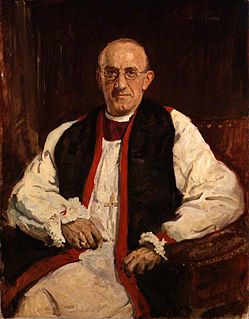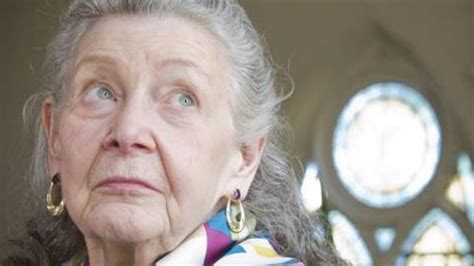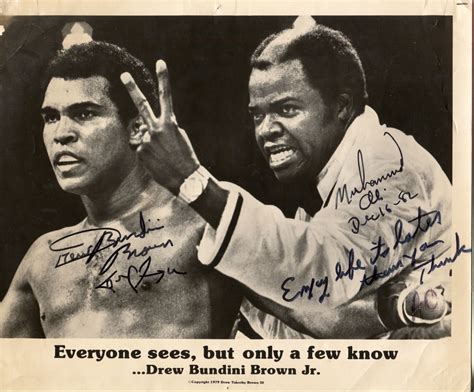A Quote by Paul Tillich
Plato ... teaches the separation of the human soul from its " home " in the realm of pure essences. Man is estranged from what he essentially is. His existence in a transitory world contradicts his essential participation in the eternal world of ideas .
Related Quotes
Art is the distillate of life, the winnowed result of the experience of a people, the record of the joyous adventure of the creative spirit in us toward a higher world; a world in which all ideas, thoughts, and forms are pure and beautiful and completely clear, the world Plato held to be perfect and eternal. All works that have in them an element of joy are records of this adventure.
In the beginning of his human life man was embryonic in the world of the matrix. There he received capacity and endowment for the reality of human existence. The forces and powers necessary for this world were bestowed upon him in that limited condition. In this world he needed eyes; he received them potentially in the other. He needed ears; he obtained them there in readiness and preparation for his new existence. The powers requisite in this world were conferred upon him in the world of the matrix.
Before modern man can gain control over the forces that now threaten his very existence, he must resume possession of himself. This sets the chief mission for the city of the future: that of creating a visible regional and civic structure, designed to make man at home with his deeper self and his larger world, attached to images of human nature and love.
It is God's earth out of which man is taken. From it he has his body. His body belongs to his essential being. Man's body is not his prison, his shell his exterior, but man himself. Man does not "have" a body; he does not "have" a soul; rather he "is" body and soul. Man in the beginning is really his body. He is one. He is his body, as Christ is completely his body, as the Church is the body of Christ
To say that I have found the answer to all riddles of the soul would be inaccurate and presumptuous. But in the knowledge I have developed there must lie the answers to that riddle, to that enigma, to that problem - the human soul - for under my hands and others, was seen the best in man rehabilitated. I discovered that a human being is not his body and demonstrated that through Scientology an individual can attain certainty of his identity apart from that of the body. We cannot deal in the realm of the human soul and ignore the fact.
He knew that all things human are transitory and therefore that it must cease one day or another. He looked forward to that day with eager longing. Love was like a parasite in his heart, nourishing a hateful existence on his life's blood; it absorbed his existence so intensely that he could take pleasure in nothing else.
The world of men has forgotten the joys of silence, the peace of solitude, which is necessary, to some extent, for the fullness of human living. Man cannot be happy for long unless he is in contact with the springs of spiritual life which are hidden in the depths of his own soul. If man is exiled constantly from his own home, locked out of his spiritual solitude, he ceases to be a true person.
The study of the properties of numbers, Plato tells us, habituates the mind to the contemplation of pure truth, and raises us above the material universe. He would have his disciples apply themselves to this study, not that they may be able to buy or sell, not that they may qualify themselves to be shopkeepers or travelling merchants, but that they may learn to withdraw their minds from the ever-shifting spectacle of this visible and tangible world, and to fix them on the immutable essences of things.






































